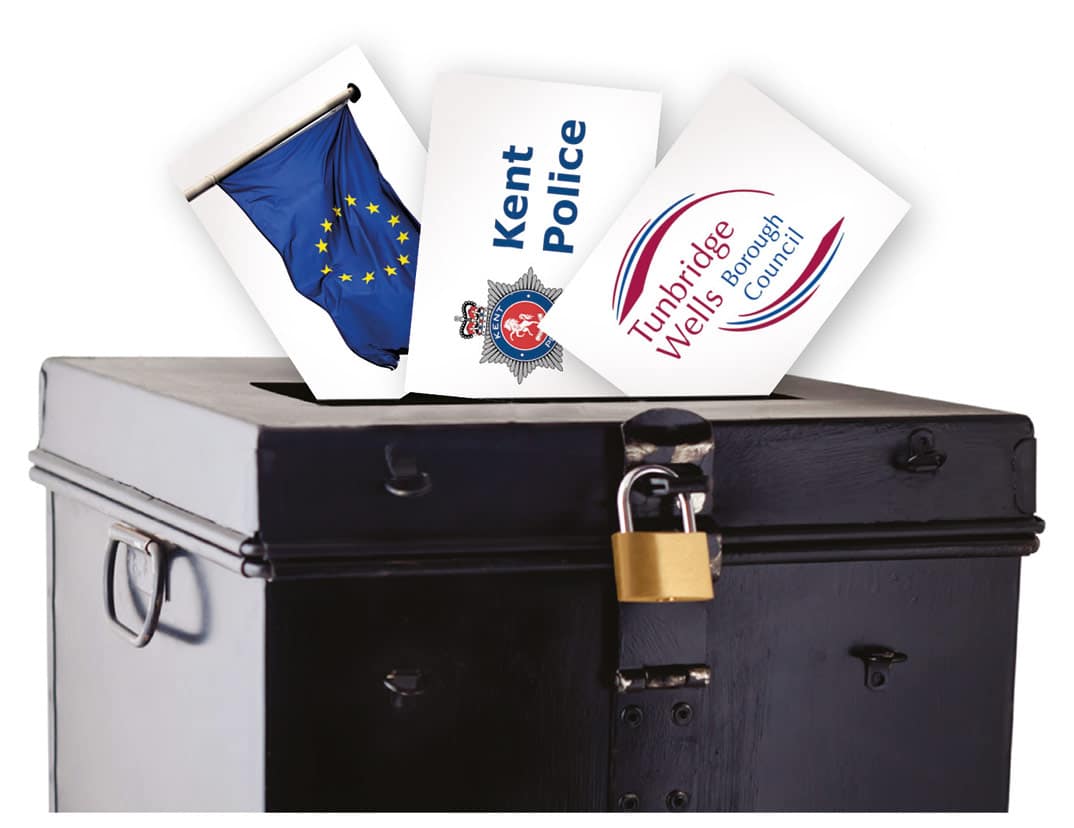This is the third in a series of monthly columns written exclusively for this newspaper by Tunbridge Wells MP Greg Clark, in which he offers his own unedited thoughts and opinions.
It hardly seems a year since General Election day – in which all of the pollsters were confounded by a result that none of them were expecting: A majority Conservative government. Last year’s was an exciting contest in which 66 per cent of the electorate cast their vote – the highest proportion since Tony Blair’s first landslide election in 1997. In fact, contrary to popular belief, turnout in General Elections has been rising steadily in each election since 2001 – a welcome development in our democracy.
Yet not so many people vote in council elections. When this week’s elections were fought four years ago less than half the people voted as did in the General Election: 31 per cent, which was itself a drop from 35 per cent four years before that.
As Secretary of State for Local Government, I have a particular interest in seeing good, strong councils. I want them to be performing at their best so I can transfer more power to them and to local people. I want them to be working together in new and creative ways to provide high quality services to residents – at a reasonable cost.
I hope that more and more people will start to vote in council elections. Councils provide important – vital – services. Care for the elderly and children; homes for local people; protecting the natural environment; collecting refuse; providing leisure facilities, parks and gardens; providing highways and transport.
In the past, services like these were provided by local councils but the money to pay for them came overwhelmingly from central government. We have been one of the most centralised countries on earth.
When David Cameron became Prime Minister in 2010, nearly 80 per cent of money spent by councils came in the form of government grant. And since most of that money came with strings attached – detailed national rules on how it should be spent – many voters were canny in realising that, in the past, council elections mattered less for local services than who was in power in Westminster.
But that’s all changing. Since 2013 councils have been able to keep half of any growth in business rates. By 2020, they will keep 100 per cent of the revenue from business rates. This is a huge shift: Councils will be responsible not only for spending money, they will be responsible for growing their own income through attracting more businesses.
That puts a big premium on electing councils who can spend the money they raise wisely, and who can help attract new businesses, and encourage existing ones to expand – because more business will mean more income for your council and make for better services locally.
And I have always believed that councils and local communities, who know their local areas best, should have more control over the decisions that affect them – which is why we’re working to put power and resources back into the hands of local people.
The reasons for voting in local elections, as well as in national elections, are increasing all the time. And this week, as well as electing local councillors, we will be choosing a Police and Crime Commissioner for Kent – with the important task of setting the budget for policing in the county, and determining the priorities for its use.
So whether it be policing or local services, tomorrow’s elections will have a big impact on our lives for the four years ahead – I hope that people will seize the chance to make their choice.
Visit: www.tunbridgewells.gov.uk/council/voting-and-elections/elections-5-may-2016
Greg Clark was elected to Parliament as a representative of Tunbridge Wells in 2005. The Conservative MP has since held a number of positions in government and currently sits as a member of the Cabinet in his capacity as Secretary of State for Communities and Local Government: www.gregclark.org








